Are Bengal Cats Good Pets? Key Insights You Need to Know
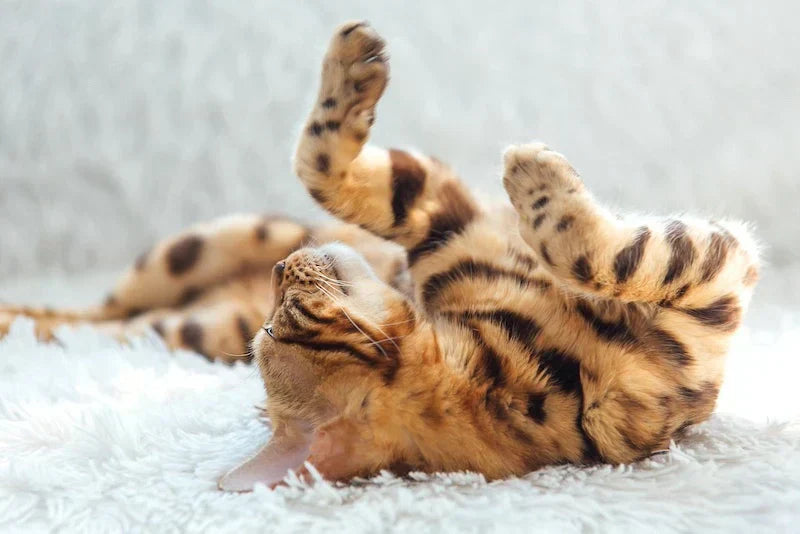
Picture a house cat with the wild elegance of a leopard, bouncing off furniture with athletic grace and chirping like a bird instead of meowing. This captivating combination describes the Bengal cat – a breed that has stolen hearts worldwide with its stunning spotted coat and dynamic personality. But beneath that exotic beauty lies a complex feline that requires specific care and understanding.
Are Bengal cats the right fit for you as a pet? This question deserves careful consideration, especially given the breed's unique characteristics and energy levels. According to The International Cat Association (TICA), Bengal cats rank among the top five most popular pedigreed cat breeds in North America. Yet, they're also one of the most frequently surrendered breeds to shelters due to behavioral challenges that unprepared owners struggle to manage.
This comprehensive guide will explore what makes Bengal cats exceptional companions, their suitability for various household types, and the essential care requirements that every potential Bengal owner should understand before bringing one of these magnificent felines home.
Bengal Cats as Pets: What Makes Them Stand Out
Physical Traits That Turn Heads
Bengal cats possess an undeniably exotic appearance that sets them apart from typical domestic breeds. Their most striking feature is their leopard-like coat pattern, which comes in two main varieties: spotted and marbled. The spots can range from small, round rosettes to larger, more complex patterns that mirror those found on wild leopards and ocelots.
These medium to large cats typically weigh between 8-15 pounds, with males generally being larger than females. Their muscular build and athletic frame reflect their active nature, while their short, dense coat feels surprisingly soft to the touch. Bengal cats come in several color variations, including brown spotted, silver spotted, and the rare snow Bengal with its pale background and darker markings.

Personality Overview: More Than Just a Pretty Face
The Bengal cat pet experience differs significantly from owning most other domestic breeds. These felines are renowned for their high energy levels, exceptional intelligence, and playful nature that often extends well into their senior years. Unlike many cats that prefer lounging for hours, Bengals thrive on activity and mental stimulation.
Their intelligence manifests in remarkable ways – many Bengal owners report cats that can open doors, turn on faucets, and even learn to walk on leashes. This intelligence comes with a curious nature that can sometimes lead to mischievous behavior if their minds aren't properly engaged.
Bengals are also known for their unique vocalizations. Rather than traditional meowing, they often chirp, chatter, and trill to communicate with their humans. This chattiness, combined with their social nature, makes them interactive companions who often follow their owners around the house.
Ideal Environment: Where Bengals Flourish
Active households represent the perfect environment for Bengal cats. These felines need space to climb, jump, and explore. Families or individuals who enjoy interactive play sessions, have time for training, and can provide adequate mental stimulation will find Bengals to be rewarding companions.
The ideal Bengal home includes:
-
Vertical space: Cat trees, shelving, and climbing structures
-
Interactive toys: Puzzle feeders, laser pointers, and rotating toy selection
-
Secure outdoor access: Enclosed patios or supervised outdoor time
-
Patient, engaged owners: People who understand the commitment required
Are Bengal Cats Good Pets If It Is Your First Pet?
The Advantages of Choosing a Bengal
For the right first-time owner, Bengals offer numerous benefits that make them exceptional companions. These cats form strong bonds with their families and often display dog-like loyalty, following their favorite humans from room to room and greeting them at the door.
Quick learners by nature, Bengals respond well to training and can master tricks, leash walking, and even toilet training with patience and consistency. Their intelligence makes them engaging pets that can learn their names, come when called, and understand household routines.
Active individuals or families will find Bengals to be enthusiastic exercise partners. These cats enjoy interactive play sessions and can help encourage a more active lifestyle for their owners. Their playful nature makes them excellent companions for children who understand how to interact respectfully with pets.

Are Bengal Cats Good for First-Time Owners? Important Considerations
The high energy levels that make Bengals exciting can also be overwhelming for unprepared owners. These cats require significantly more daily interaction than many other breeds.
Key challenges include:
-
Time commitment: Bengals need 2-3 dedicated play sessions daily
-
Mental stimulation requirements: Boredom can lead to destructive behavior
-
Potential for behavioral issues: Untrained Bengals may develop unwanted habits
-
Higher activity levels: Not suitable for those seeking a low-maintenance pet
-
Vocal nature: Their chattiness isn't appealing to everyone
Essential Tips for First-Time Bengal Owners
Success with Bengal ownership requires preparation and commitment. First-time owners should establish consistent daily routines that include multiple play sessions, preferably before meals, to mimic natural hunting patterns.
Investment in proper equipment proves crucial: sturdy cat trees, a variety of toys, puzzle feeders, and scratching posts help channel their energy constructively. Consider creating a "cat highway" with shelves and perches to satisfy their love of climbing and surveying their territory.
Training should begin immediately with positive reinforcement techniques. Bengals respond well to clicker training and treats, making it possible to teach them appropriate behaviors while strengthening the human-cat bond.
Bengal Kittens as Pets: Special Considerations
The question "Are Bengal kittens good pets?" requires understanding that kitten behavior amplifies typical Bengal traits. Bengal kittens possess even higher energy levels than adults and require additional patience during their development.
Kitten-specific needs include:
-
Extra socialization: Early exposure to various people, sounds, and experiences
-
Kitten-proofing: Securing potentially dangerous items due to their curiosity
-
Frequent meals: Growing kittens need multiple small meals throughout the day
-
Gentle training: Establishing boundaries while respecting their developmental stage
Bengal kittens as pets can be incredibly rewarding for families prepared to invest time in proper socialization and training. Their playful antics and rapid learning ability make them entertaining companions, but they require more supervision than typical kittens due to their athletic abilities and intelligence.

Bengal Cats in Multi-Pet Households
Compatibility with Other Animals
Bengals can successfully coexist with other pets when properly introduced and socialized. Their social nature often makes them good companions for other cats, particularly those with similar energy levels. However, their playful hunting instincts mean careful consideration is needed when introducing them to smaller pets like birds or rodents.
With other cats, Bengals often do well, especially if the resident cat enjoys play and interaction. Their social hierarchy tends to be straightforward, and many Bengals appreciate having a feline companion to wrestle and chase with.
Dog compatibility varies depending on the individual Bengal's personality and the dog's temperament. Many Bengals enjoy the company of dog breeds that match their energy levels, and some even develop close friendships with canine housemates.
Successful Introduction Strategies
Gradual introductions prove essential for Bengal success in multi-pet homes. Start by keeping the new Bengal separated while allowing scent exchange through feeding on opposite sides of a closed door. Visual contact through baby gates comes next, followed by supervised interactions once both animals show relaxed body language.
Creating separate resources helps prevent competition and stress. Each pet should have their own food and water stations, litter boxes (following the n+1 rule), and comfortable resting areas. This approach reduces territorial disputes and allows each animal to feel secure.
Care Requirements That Matter
Daily Exercise and Mental Stimulation
Meeting a Bengal's exercise needs requires creativity and commitment. These cats benefit from scheduled play sessions using wand toys, laser pointers (always ending with a physical catch), and interactive puzzle toys that challenge their problem-solving abilities.
Environmental enrichment should include rotating toys to maintain novelty, providing various textures for scratching, and creating opportunities for climbing and perching. Many Bengal owners find success with treat-dispensing toys that require manipulation to release rewards.
Grooming and Health Maintenance
Despite their exotic appearance, Bengals have relatively simple grooming needs. Their short coats require weekly brushing to remove loose fur and distribute natural oils. Regular nail trimming, dental care, and ear cleaning complete their grooming routine.
Health monitoring should include annual veterinary check-ups and attention to breed-specific concerns like hypertrophic cardiomyopathy and progressive retinal atrophy. Maintaining current vaccinations and parasite prevention protects both the Bengal and other household pets.
Making the Decision: Is a Bengal Right for You?
Are Bengal cats good pets? The answer depends entirely on your lifestyle, experience level, and expectations. These remarkable felines make outstanding companions for active individuals or families who can provide the attention, stimulation, and training they require.
Bengals excel in homes where:
-
Daily interactive play is realistic and enjoyable
-
Mental stimulation through training and puzzle toys is prioritized
-
Patient, consistent training approaches are maintained
-
Active lifestyles align with the cat's energy levels
However, they may not suit households seeking:
-
Low-maintenance, independent pets
-
Quiet, sedentary companions
-
Cats that require minimal daily interaction
Bengal cats represent a unique opportunity to share your home with a feline that bridges the gap between wild beauty and domestic companionship. Their intelligence, loyalty, and engaging personalities create bonds that many owners describe as life-changing. However, this reward comes with significant responsibility.
Before welcoming a Bengal into your home, honestly assess your ability to meet their physical and mental needs for 12-16 years. Consider visiting Bengal rescues or reputable breeders to interact with these cats and better understand their personalities.
For those ready to embrace the Bengal experience, the journey promises daily entertainment, unwavering companionship, and the joy of sharing life with one of the most remarkable domestic cat breeds. Research responsible breeders like pureberdkitties.com. Here you might find the perfect feline companion waiting for their forever home.



























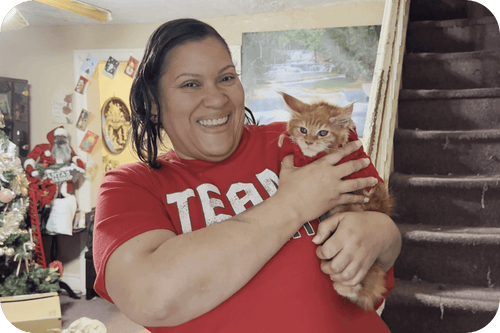

























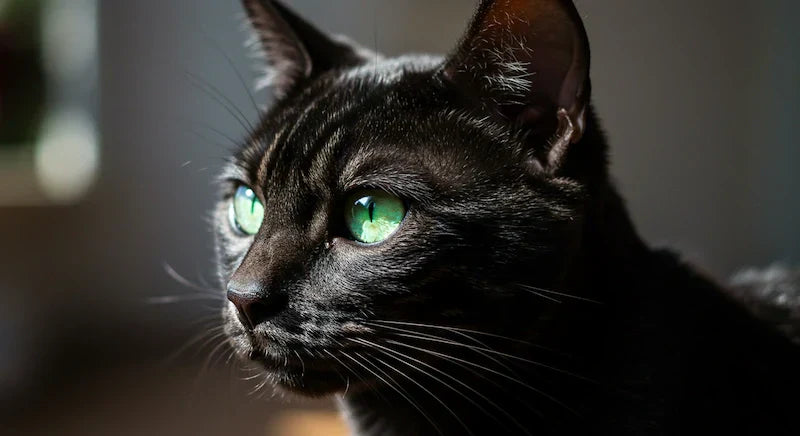
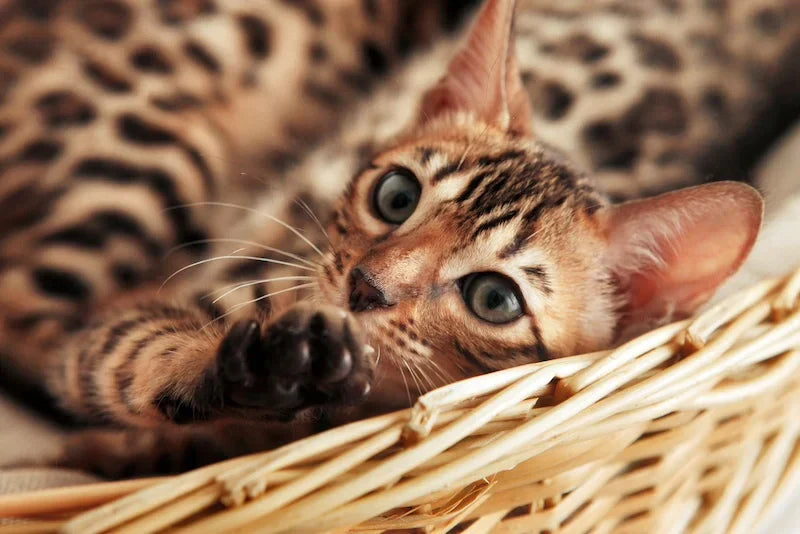
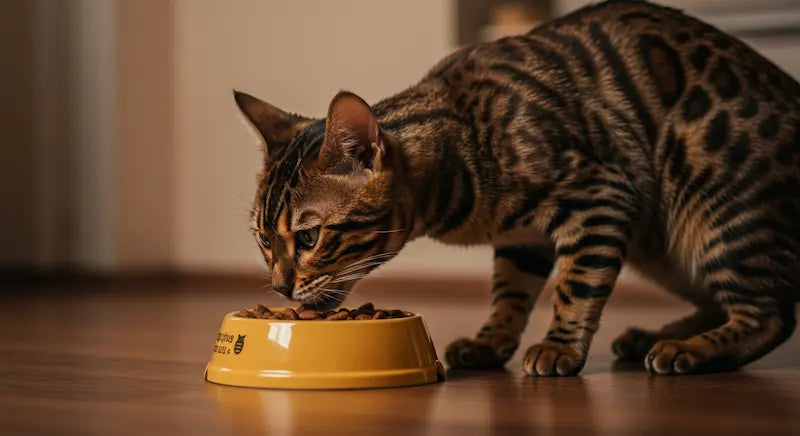
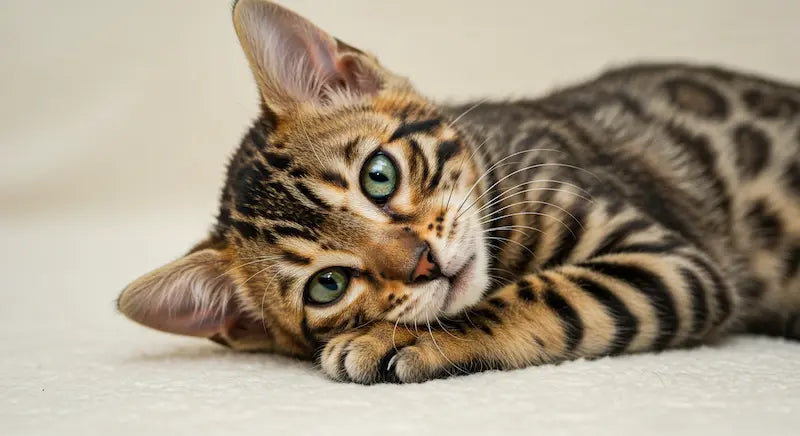




Comments(0)